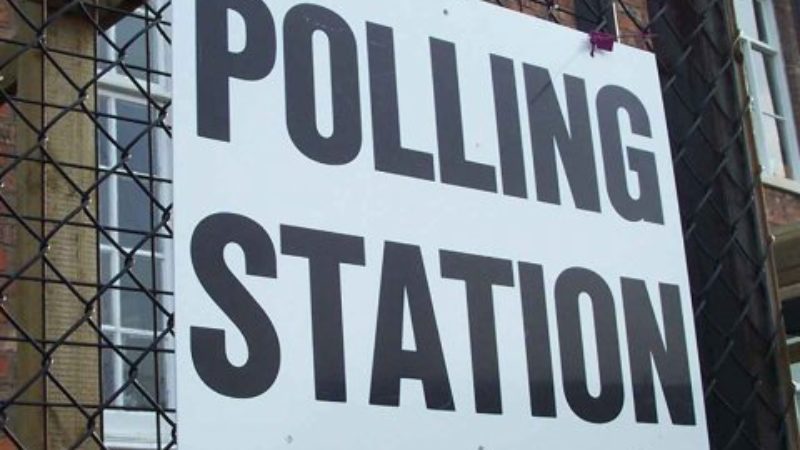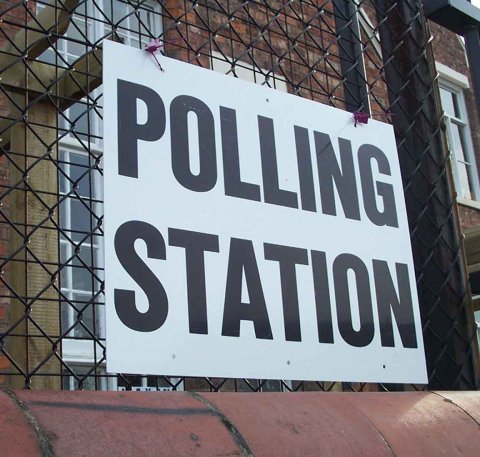
“What does it mean to the Labour Party to be One Nation?” Ed Miliband asked in 2012. One of the answers he gave was that the party should be of the south, and not just of the north. But when whole swathes of the country, particularly in the south of England, are effectively devoid of Labour activists, it is a challenge to live up to the ideal.
The party has been experimenting with new models of community organisation in order to widen its appeal, and is seeking to transform its relationship with affiliated union members. But these efforts are barely felt in parts of the country where Labour lacks an activist base. The south of England and rural areas remain electoral deserts for Labour, and nothing the party says or does from the centre is likely to change that substantially.
Nothing, that is, except one thing: the introduction of a fairer voting system for local elections. Today the Electoral Reform Society has published a report, Towards One Nation, which shows that introducing the Scottish system for local elections (i.e. the Single Transferable Vote) into England and Wales would put Labour councillors in 27 of the 69 ‘electoral deserts’ which had no Labour representation in 2011. This gives the lie to the common misconception that Labour is devoid of support in these areas. In some places, like Castle Point in Essex, Labour gets over a quarter of the vote without receiving a single councillor in return.

Local electoral reform would see that support translated into fair representation. And that in turn would have a positive knock-on effect: councillors translate into increased activism and membership recruitment, which in turn translates into more councillors, and so on. It’s a virtuous circle, but one that cannot get going without a system that fairly translates votes into representation.
There is one central objection to local electoral reform from a Labour perspective, which is that it will weaken Labour’s strongholds in urban areas. While it is true that Labour would likely lose council seats in places where its share of the vote is over-represented by First Past the Post, it is not true that this will necessarily weaken the party. The report shows how, of the 39 councils which had Labour ‘super-majorities’ (90% or more Labour) in the mid-1990s, 21 have been lost at some point. That is a loss rate of 58% in supposedly ‘safe’ Labour local authorities. There is nothing stable or everlasting about Labour’s urban strongholds. Indeed, super-majorities are often (though certainly not always) weakened by internal wrangling, the lack of effective scrutiny, and the gradual process of losing touch with the electorate. Local electoral reform would make Labour super-majorities less likely, but that is not necessarily a bad thing.
Labour is making bold steps towards party renewal in a context which is generally negative for any political party seeking to recruit new members. Yet these efforts are in danger of going to waste if they are only concentrated on Labour’s traditional heartlands. Local electoral reform gives Labour a toehold in areas where the party desperately needs to increase its appeal. And what’s more, it’s good for democracy too.




More from LabourList
Nudification apps facilitate digital sexual assault – and they should be banned
Diane Abbott suspended from Labour after defending racism comments
Labour campaign groups join forces to call for reinstatement of MPs